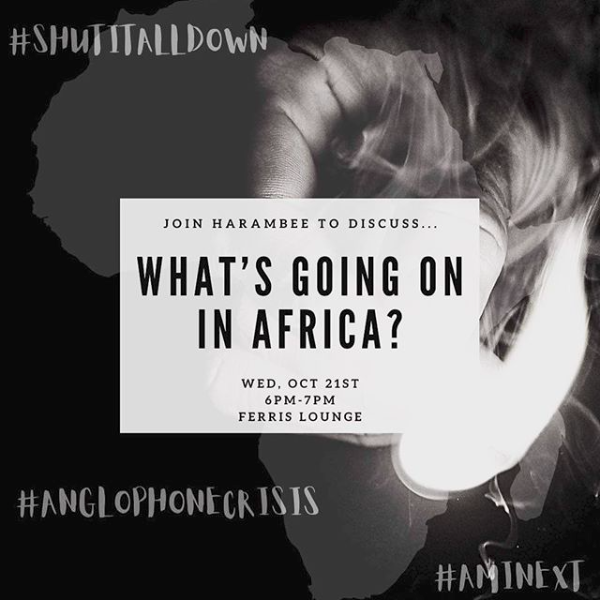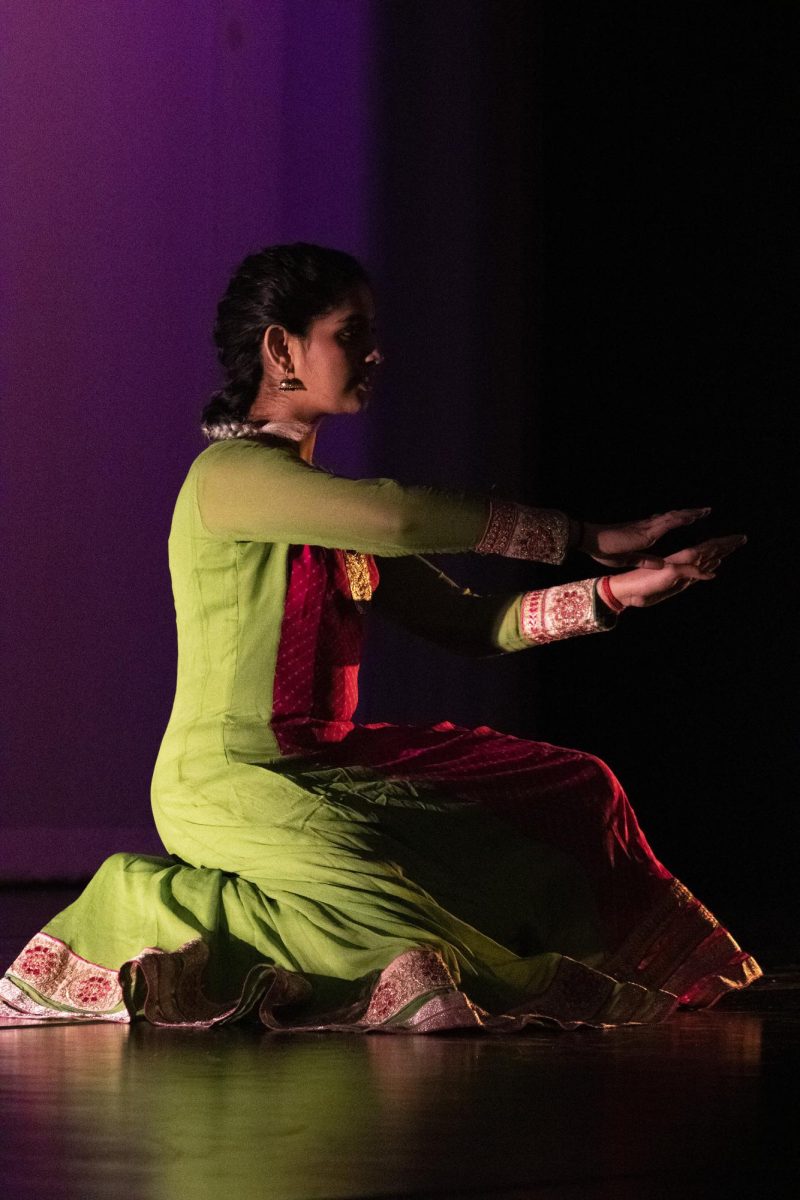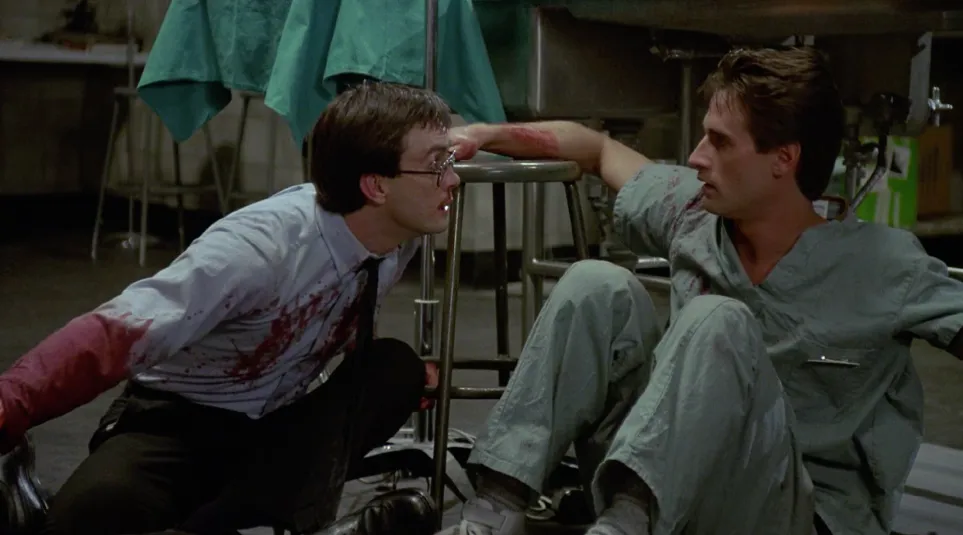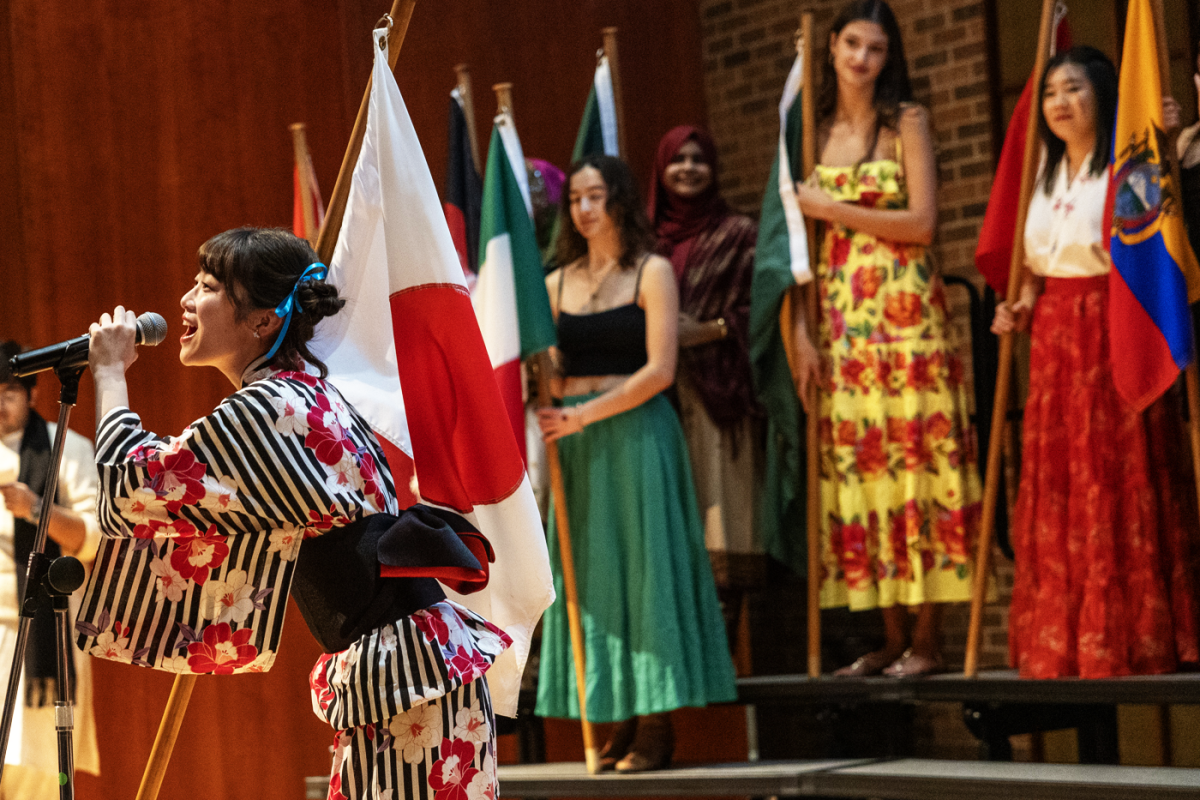So far, Harambee’s three-part discussion series has shed light on the End SARS movement and genocide in the Congo.
In recent weeks, Harambee Club’s general meetings have been held differently than usual. They are hosting a three-part discussion series, “What’s Going on in Africa,” to spread awareness on campus of uprisings and injustices happening in different African countries.
“We saw these things happening and I was like, ‘Yeah, we definitely need to address this. We’re Harambee, we need to do something to, I guess, try and make campus know,’” said Ikenna Ozor, senior and president of Harambee.
The first session covered the End SARS movement in Nigeria, an ongoing uprising against police brutality to end the Special Anti-Robbery Squad of the Nigerian Police. SARS often targets Nigerian youth and extorts money by leveraging the power to arrest someone against them, abusing and sometimes executing people who resist.
SARS disbanded on October 11, 2020 — but activists say few systemic changes have been made in the Nigerian Police and members of SARS were redistributed throughout police forces.
The second session covered the internationally-funded, deadly mining practices in the Democratic Republic of the Congo, in which rebel groups are funded by large corporations to force villagers living near mineral deposits of coltan to work in mines.
“They enslave the villagers to go in and mine stuff for them. They kill women and children. It’s just really bad over there,” said Nii Odarteifio, senior and vice president of Harambee, of the rebel groups.
“It’s modern slavery, with the gathering of materials that are typically used in different electrical devices and unfair compensation,” Ozor said.
Odarteifo also addressed the role of the media.
“Reporters are going to interview the rebel leaders in the Congo, but they only interview them on the rebel-rebel violence that’s going on over there,” Odarteifio said. “They don’t talk about how they got the money to buy the weapons or to pay for more soldiers through the mining. They decided to focus on one aspect of the fighting and decided to neglect the mining and forced labor against miners.”
Information about the Congo can be found under hashtags like #silentgenocide and #congoisbleeding.
Each of the sessions in the discussion series starts with a collaboratively prepared presentation by Harambee’s executive members during the week. In addition to Ozor and Odarteifio, exec members are senior Justina Ndyetabula as treasurer, junior Emeka Nkuku as secretary, and senior Mae Moronfolu as public relations.
Exec members source information from social media, Wikipedia and news outlets, and offer a disclaimer at the start of the meetings about where their information comes from.
“The hardest thing is, really, it’s happening right now,” Ozor said, which makes gathering information difficult.
“I feel like the easiest topic to get information for was the End SARS movement in Nigeria because it’s widespread now and it was trending on Twitter,” Odarteifio said. “It’s harder to get information for the lesser known stuff like what’s going on in the Congo, what’s happening in Cameroon. I think on Sunday I heard of something happening in Zanzibar, but then I’m not really sure because there’s not that much media coverage on it.”
He also says the lacking media coverage has made it harder to to get information.
“Sometimes we need to double-check our sources because we’re not really sure it’s accurate information that’s coming out or not,” he said.
Presentations are followed by a discussion. When questions arise in discussions, Nkuku records them and exec members find the answers to present at the following meeting.
“We came to that decision of making it a discussion collectively, but I know that’s something I really wanted because there might be things that even us as exec don’t know,” Ozor said.
The sessions take place during Harambee Club’s general meetings, on Wednesdays at 6:00p.m., in the Ferris Lounge and on Google Meet.
Ozor explained that Harambee is holding this discussion series “simply because no one else will. On this campus, really, Harambee is the only organized club to address any type of African issue or any type of African culture.”
“I feel like as an African club it was sort of our duty to tell the local community that, ‘Hey listen, this is what’s going on on the continent and we need you guys to like spread this to your friends, your families, so they can also know,’” Odarteifio said.
“I feel like the main reason why we’re doing this is to help spread the word,” he said. “Because the reason why these things are still going on is because not many people know about it.”
“We love to call ourselves international, very diverse, you know, so we have to ask students [to] take part in that, spread the knowledge, so that people are aware,” Ozor said.
“If there’s one message I have to like the general student body, it’s to get yourself involved in other things. ’Cause things like this happen, there are things happening around the world and, you know, I think we’re in the age where … things shouldn’t be unknown to us.”









Ikenna Ozor • Nov 2, 2020 at 2:03 pm
Thank You!